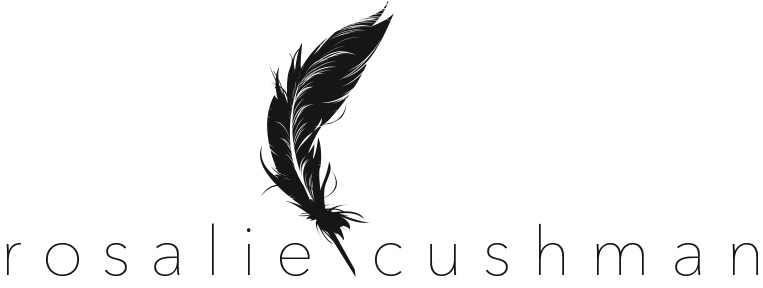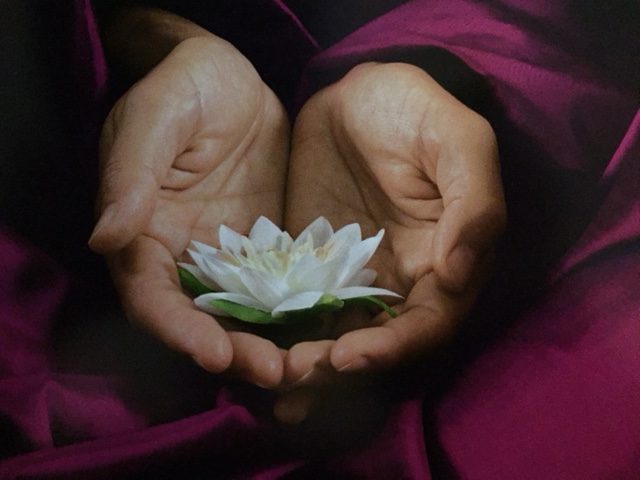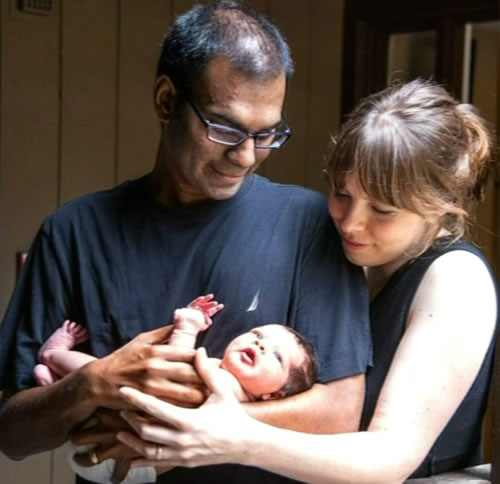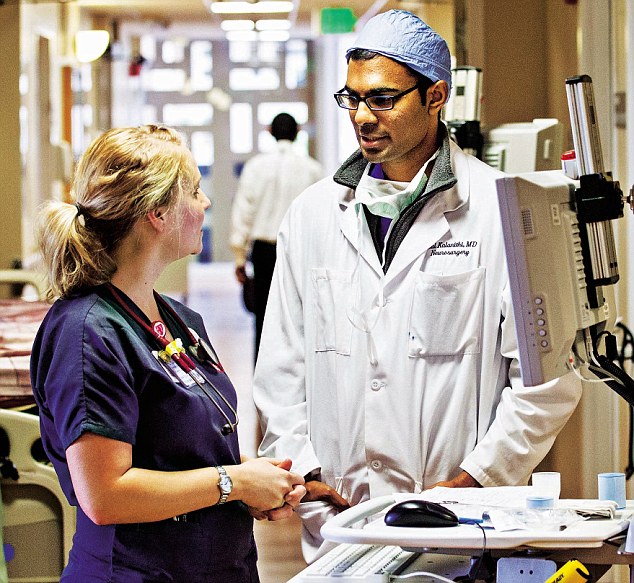The fragrance of nature, particularly water and trees, has always brought something powerful to the surface of my mind, a kind of happy joy that is spontaneous and immediate. Nature conceals a deeper meaning, drawing me to its depths without knowing entirely why. Since I was a little girl I have always loved it. The natural world is an essential ingredient of what I am, just as much as the gristle and bone I walk around in. Sometimes I think it’s about identification. But that’s not it exactly. I am aware of being an animal, a mammal specifically. And yet it is the essence of spirit that I really identify with, coming from some ‘other’ that created all of this, that I am a part of.
Life For It’s Own Sake
On a recent family vacation in Lake Tahoe I was reminded ever more powerfully of this fact. Because it is a fact for me. A reality. I could be a tree. I could be a body of water. But it makes no matter because I have been blessedly created as a human, and how lucky is that? Even if one believes in no higher power or God, let’s say it’s fate or a roll of the dice that I was created thusly, I still value it immensely. While I happen to believe in God, I recognize not everyone does. Are these individuals no less grateful to be alive?
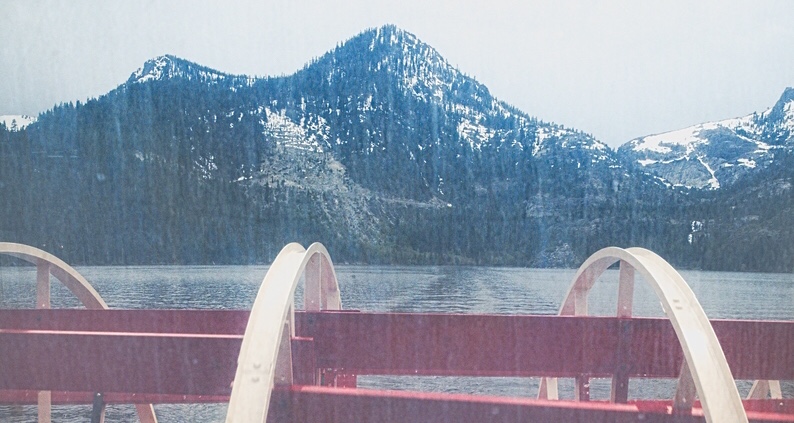
In any case, my nephew took this picture off the end of a boat touring around the lake and sent it to me. I was not onboard, instead stationed back at the resort like a sentry, resting inside but catching the faint whiff of pines and water regardless of my physical location. The picture is compelling, as compelling as the state of being. This was puzzling to me in the beginning, at least until I started to view it differently. The opaque quality in a milky, cataract kind of way disturbed me at first. I wanted to bring it into focus, to clarify the view. And then I thought, isn’t that what we are always trying to do? To fix, to adjust what we think we see into one meaning that suits our purpose?
And the foreground of waterwheel, intrusive and initially dominating, became something to be managed, fixed, so that one could better get to the the dusting of pine-topped mountains beyond. When I ignore this fuzzy, filmy veneer, the restless idea of it, I can focus instead on the essence of sharing space with nature, conjoined, being an intimate and authentic part of it, even as it’s steward and, as such, as essential as the earth itself and sky above.
A Larger Lens
I am transported to a primordial soup from which we all come regardless of belief system. It is quite simply a knowing, with nothing arguable about it. It is rooted in depths of certitude, ineffable though it may be, a oneness that defies explanation even though I struggle to explain it in the here and now.
And so I leave it here, the unanswered and unanswerable mystery of being born not just a human but being born here, now, in this place and part of a whole that is an inexplicable existence. The mysterious gift of life, the nature of it all, a dust mote traversing the universe through space and time, me who has been afforded incredible Grace and peace as evocative as the whiff of the pines and water themselves.
